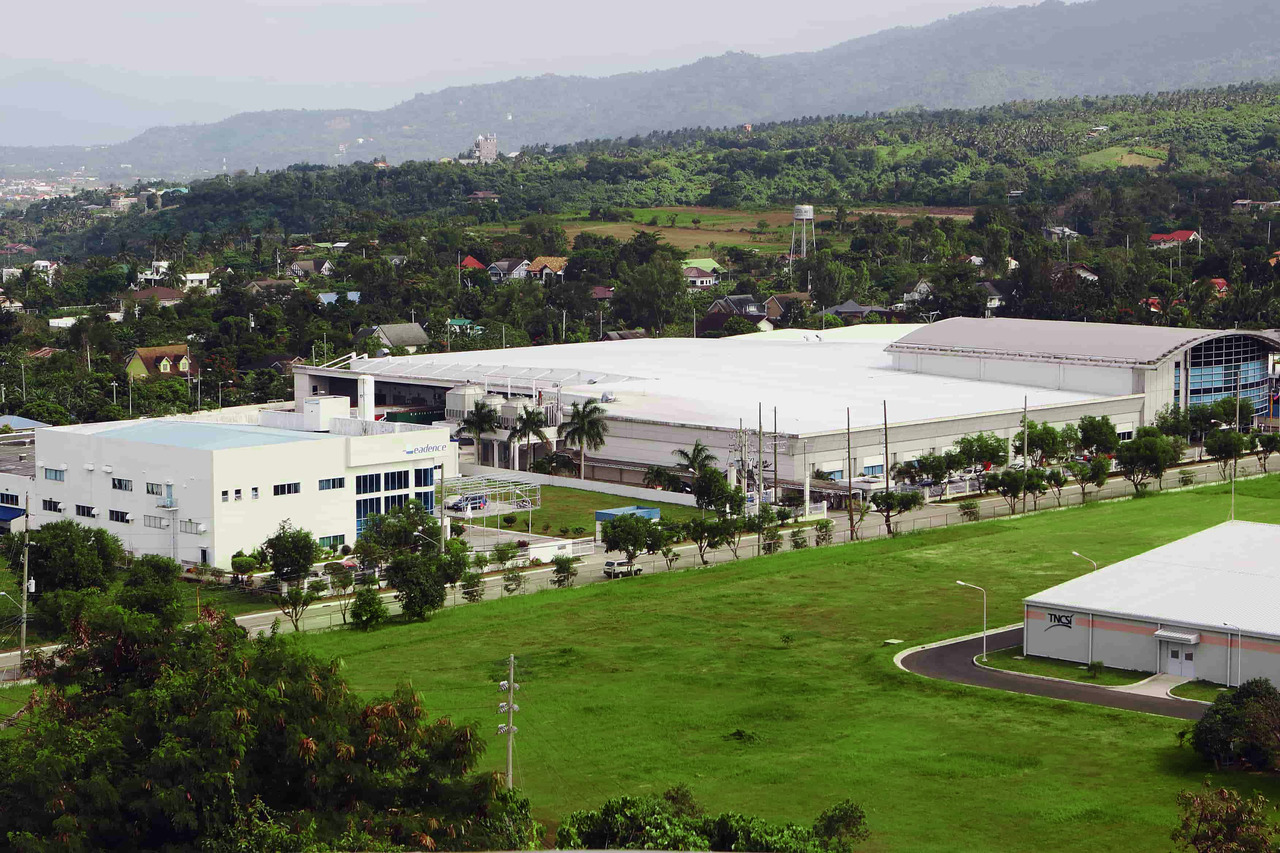The advent of technology parks has significantly transformed the face of the real estate sector, marking a new era of innovative growth and development. Born out of the ambition to create synergistic environments conducive to technological advancement, technology parks are more than just stratified clusters of buildings; they are the powerhouse of innovation, collaboration, and businesses that are carving out the future.
These dynamic environments attract leading tech companies and startups alike, offering state-of-the-art facilities and a melting pot of creative minds. Their impact is not just limited to nurturing groundbreaking technological breakthroughs. Over time, it has been observed that the real estate market surrounding these technology parks flourishes remarkably, hinting at a deep-seated connection.
Essentially, technology parks are becoming the heartbeat of future real estate growth. This article will underscore why embracing the concept of technology parks is pivotal for sustainable real estate development in our rapidly evolving digital economy.
The Genesis of Technology Parks
Technology parks, also known as science or tech parks, are specifically designed zones that promote research, innovation, and progress in the field of technology. Designed to optimize resources, their core objective is to foster an ecosystem that nurtures knowledge sharing and collaboration, ultimately enhancing technological advancement.
The concept of technology parks originated in the mid-20th century, with the Stanford Industrial Park in the United States commonly recognized as the first of its kind. Since then, the idea has spread across the globe, each park adapting to fit its local market and socio-economic needs. Cities worldwide are recognizing the profound ripple effect these technology parks create on the real estate market, pushing its growth and development to unprecedented horizons.
The correlation between technology parks and the surrounding real estate market is evident. These parks attract businesses and professionals in droves, subsequently increasing demand for residential, commercial, and retail spaces in their vicinity. The influx of high-skilled workers spurs demand for housing, and the growth of these parks add vitality to the local real estate market.
The Economic Impact of Technology Parks
Technology parks wield significant economic influence, which is reflected in a myriad of research studies and data. They contribute to the growth of local economies by attracting investment and creating opportunities for high-skilled jobs. Their presence accelerates economic development, impacting the underlying real estate value in areas where they reside.
For instance, Research Triangle Park in North Carolina is an excellent illustration of a successful technology park. Its establishment has instigated the transformation of the surrounding areas, bolstering them into thriving hubs of commerce and innovation. Jobs have multiplied, firms have progressed, and by extension, the real estate market has experienced robust growth.
Thus, the economic footprint of technology parks engenders a ripple effect, encouraging growth in the real estate sector. This stimulation becomes a catalyst for greater development, proving the undeniable link between technology parks and burgeoning real estate landscapes.
The Appeal of Technology Parks
Technology parks are appealing not just because of their architectural grandeur, but also due to the innovation-driven environment they foster. They incorporate novel practices and amenities that nurture creativity, collaboration, and the entrepreneurial spirit.
These parks are often equipped with state-of-art infrastructure and advanced technology, offering an alluring proposition to businesses for setting up their operations. Residing in a technology park also presents an opportunity for companies to collaborate with like-minded peers, fostering an environment rich in innovation and mutual growth.
Moreover, the employee experience is significantly enhanced in technology parks. They offer a seamless blend of work and leisure through facilities such as fitness centres, cafeterias, and open spaces. Employee satisfaction and productivity increase in such vibrant spaces, leading to higher retention rates. This makes technology parks an attractive proposition for businesses, contributing to their popularity and, in turn, fuelling property demand in surrounding areas.
The Role of Technology Parks in Real Estate Development
The development of technology parks holds considerable sway in shaping real estate landscapes. Their establishment instigates increased demand for commercial and residential properties amongst others. Businesses being attracted to technology parks naturally brings in a wave of employees, catalyzing a surge in housing demands within the immediate vicinity.
The presence of technology parks often correlates with elevated real estate prices due to this increase in demand. Take, for instance, the impact of the Silicon Valley tech park in California. It has not only put the area on the global map as an IT hub but has also significantly driven up real estate prices in surrounding residential and commercial regions.
This trend is not confined to one region but can be observed globally. Technology parks directly catalyze real estate growth, impacting property values, and influencing market trends. Their influence in shaping real estate development is undeniable and will continue to mark high-value zones in an ever-evolving marketplace.
Key Takeaway
In conclusion, technology parks have left an indelible mark on global real estate dynamics and are set to shape its future continually. They are much more than mere congregation points for tech giants and startups. These are the modern-day powerhouses of innovation and collaboration, which inevitably lead to job creation and contribute significantly to local economic growth.
Embracing technology parks is instrumental for sustainable real estate development. The flourishing markets surrounding these innovation hubs are a testament to their vast potential. As these tech parks continue to evolve, they will undoubtedly foster further growth in the real estate sector, ensuring a prosperous future.
It is essential for real estate developers, investors, and policymakers globally to understand and appreciate the unique contribution of technology parks. Not only will this aid in making informed decisions but also in capitalizing on the opportunities presented by these technological nerve centers. Technology parks, indeed, hold the key to future real estate growth.

